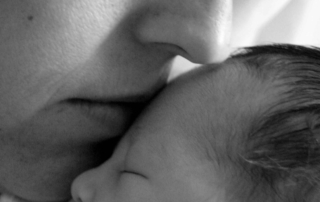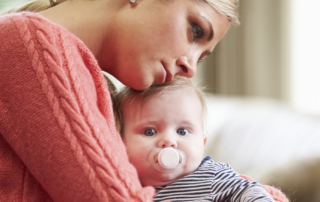CBT for Depression During Pregnancy: Good for Moms, Good for Babies
Australian researchers have developed a cognitive behavioural therapy (CBT) treatment intervention for antenatal depression and anxiety. Beating the Blues Before Birth, to be delivered as individual therapy, was adapted from a 12-session group intervention for [...]









